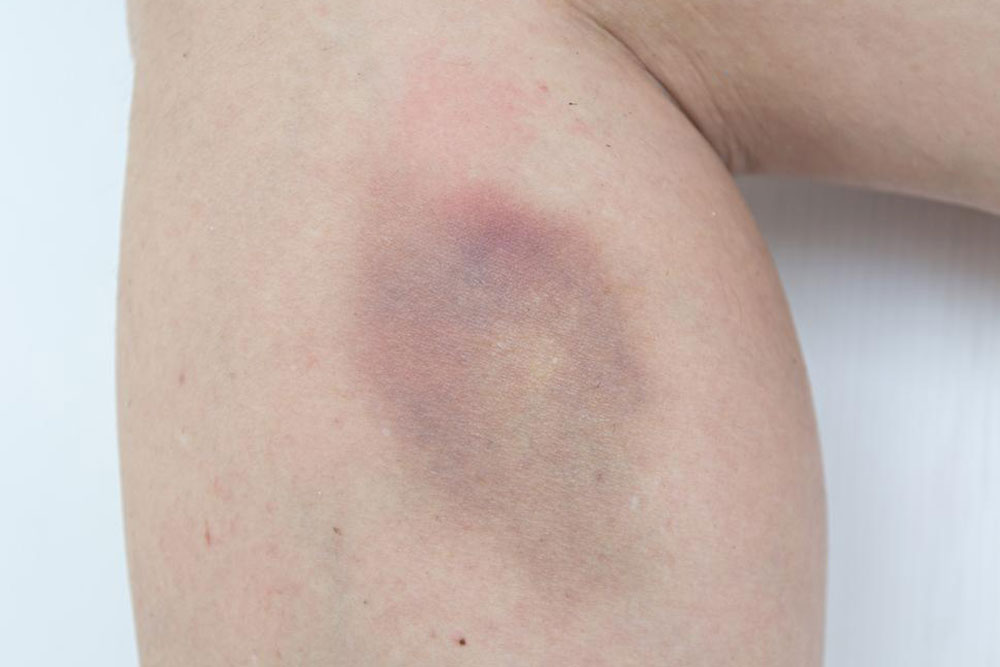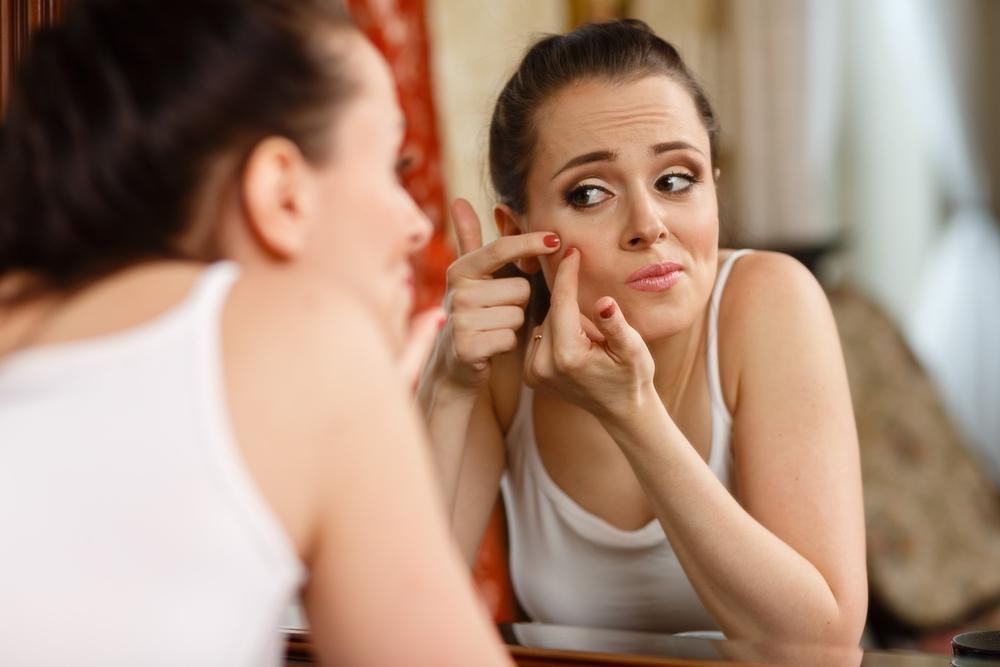Adult Acne: Causes, Prevention, and Effective Treatments
Adult acne remains a common concern beyond teenage years, caused by factors like excess sebum, pollution, and hormonal shifts. Treatment options include topical medications, light therapy, and natural remedies such as tea tree oil and diet modifications. Understanding triggers and adopting effective skincare routines can help manage breakouts. Consulting dermatologists for personalized care is recommended. This comprehensive guide offers practical insights into preventing and treating adult acne for clearer, healthier skin.
Adult Acne: Causes, Prevention Strategies, and Treatment Options
Do you struggle with persistent acne in your 30s or 40s? Acne isn't just a teenage dilemma; many adults face similar skin issues. Factors like increased pollution and higher stress levels have contributed to a rise in adult acne cases among men and women. The right approach to treatment can help manage and reduce breakouts effectively.
Understanding the causes of acne
Acne manifests through blackheads, whiteheads, pimples, and pustules. Though commonly linked to hormonal shifts during adolescence, adult acne is also prevalent. It results from excess sebum production which clogs pores, trapping dirt and bacteria.
Excess sebum, combined with environmental pollutants, hormonal changes, or improper skincare, intensifies adult acne. Oily skin individuals are especially prone due to overactive sebaceous glands.
Triggers of adult acne
Enviromental pollutants, hormonal imbalances, unsuitable skincare products, diets high in sugar, and poor skin hygiene can provoke breakouts.
Therapies and remedies for adult acne
Managing adult acne often involves medications, light therapies, and natural remedies. Here are some established options:
Medicinal treatments
Topical treatments: creams with salicylic acid help exfoliate dead skin, benzoyl peroxide clears pores and kills bacteria, retinol promotes cell turnover, sulfur reduces oil, and glycolic acid stimulates collagen formation.
Oral medicines: antibiotics may control severe infections, hormonal therapy balances hormone levels, and nutritional supplements like vitamin E support skin health.
Advanced procedures
Blue light therapy: utilizes specific light wavelengths to eliminate bacteria, shrink oil glands, and decrease acne recurrence, especially beneficial for frequent breakouts.
Natural home remedies
Peppermint: apply crushed leaves for their anti-inflammatory effects.
Apple cider vinegar: balances skin pH, reduces excess oil, and can be used in steam treatments or consumed diluted.
Honey and cinnamon: create a paste for soothing and antibacterial benefits.
Tea tree oil: diluted with water, it can be applied directly to soothe skin.
Witch hazel: acts as an anti-inflammatory toner when applied with a cotton swab.
Aloe vera: soothing gel assists in healing and moisturizing.
Omega-3 Rich Foods: consuming fish like salmon, chia seeds, walnuts, and flaxseeds helps regulate sebum and reduce inflammation.
Several factors influence adult acne, but adopting a combination of medical and natural strategies can yield significant improvements.









